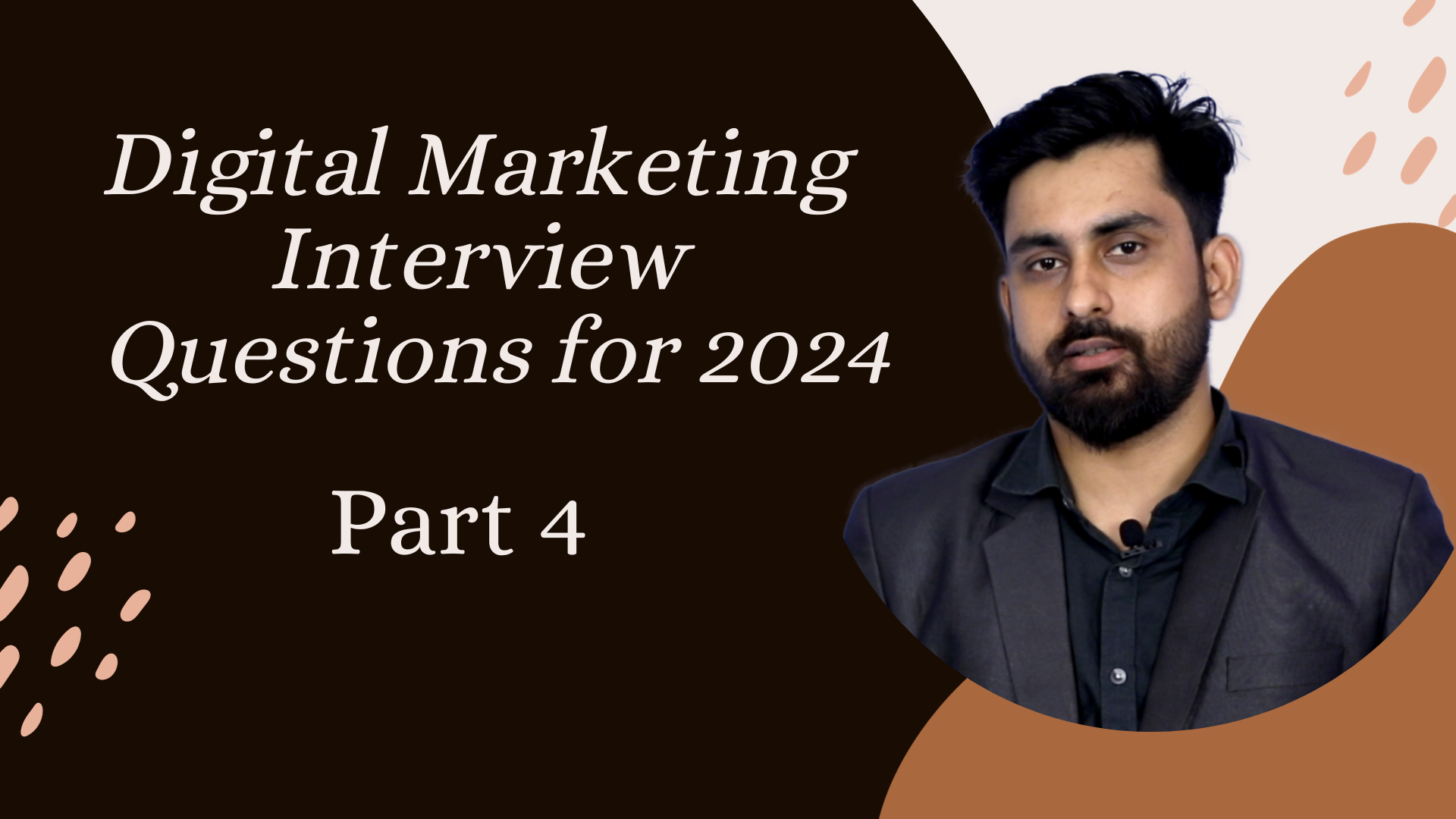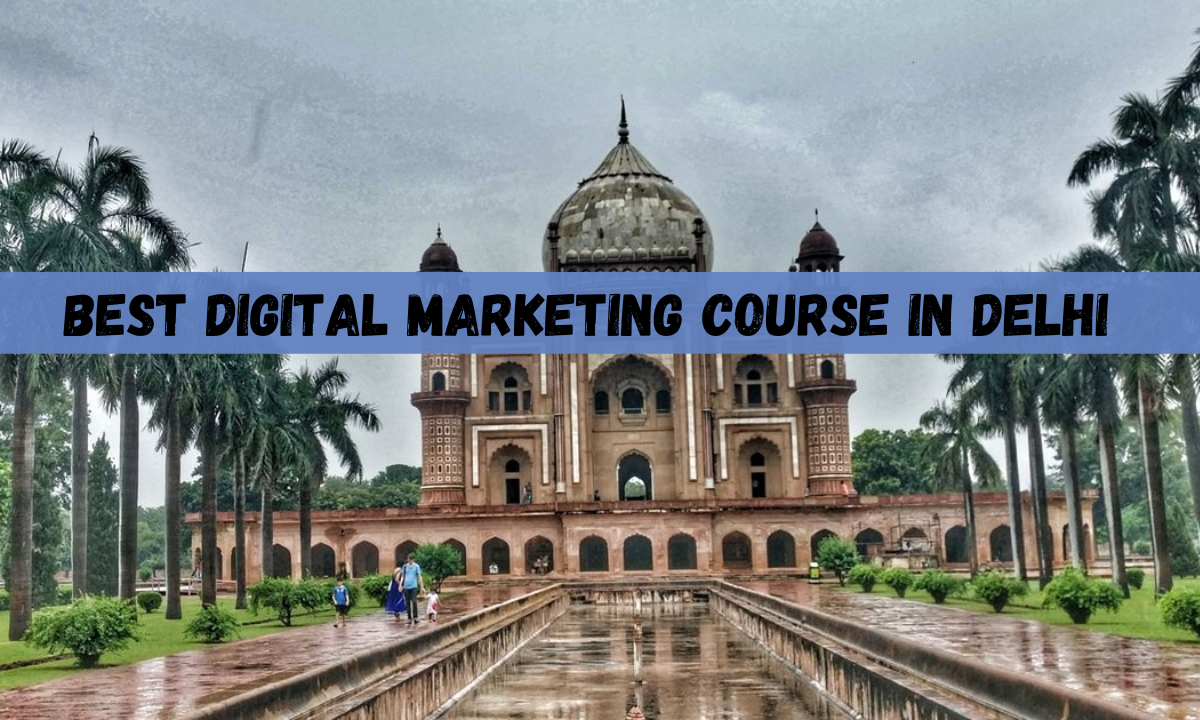Social media marketing has become an essential tool for all businesses. Whether you’re a small startup or a well-established brand, leveraging social media platforms can significantly enhance your online presence, engage with your audience, and drive sales. This blog post will guide you through the fundamentals of social media marketing, offering practical tips and strategies to elevate your brand.
Introduction: Why Social Media Marketing Matters
Social media platforms like Facebook, Instagram, Twitter, LinkedIn, and TikTok have millions of active users. Altogether these platforms are known as Digital Marketing. These platforms offer businesses the unique opportunity to connect with potential customers, build brand loyalty, and reach a global audience. In this post, we’ll understand the importance of social media marketing and how it can transform your small business to a well established brand.
Understanding Social Media Marketing
What is Social Media Marketing?
Social media marketing involves using social media platforms like Facebook, Instagram and twitter to promote products and engage with customers. It encompasses promoting new products, interacting with customers through comments and creating content that reflects a brand value and story.
The Evolution of Social Media Marketing
Over the last ten years, social media marketing has evolved from simple status updates to complex strategies involving influencer partnerships, paid advertising, and content marketing. Understanding this development can help us stay ahead of trends and reshape to changing algorithms.
Building a Strong Social Media Presence
1. Setting Clear Goals and Objectives
Before diving into social media marketing, it’s important to define your objectives. Are you aiming to increase brand awareness, drive website traffic, or to generate leads? Setting clear targets will guide your strategy and help determine success.
2. Identifying Your Target Audience
Understanding who will be your audience to tailor your content to meet their needs and desires. Use tools like audience insights and analytics to determine demographics, interests, and behaviour.
3. Choosing the Right Platforms
Not all social media platforms are created equal. Depending on your industry and target audience, some platforms may be more effective than others. For instance, Instagram is ideal for visually-driven brands, LinkedIn is perfect for B2B companies and Facebook is perfect for promoting your products through advertisement.
Crafting Engaging Content
1. Content Creation: What Works Best?
Content is what holds your social media strategy in place. It can be in the form of images, videos, blog posts and infographics. Your content should always be relevant and connect with your audience and at the same time be in the own tone of your brand.
2. The Power of Storytelling*
Storytelling is a powerful tool in social media marketing. The essence of social media storytelling lies in its ability to connect with the audience on a personal level. It goes beyond mere advertising or posting updates. You want to create content that resonates with your audience’s emotions, values, and experiences.
3. Consistency is Key
Consistency in posting is very important to engage with your audience. Create a content calendar to plan your posts ahead of time, ensuring that you deliver fresh content regularly.
Engaging with Your Audience
1. Building a Community
Relationships are the main thing on social media. Get involved with your audience by responding to their comments, participating in conversations, and fostering a sense of community around your brand.
2. User-Generated Content (UGC)
Encourage your followers to create content related to your brand. User-generated content not only adds to engagement but also serves as social proof that can influence potential customers.
3. Managing Negative Feedback
Not every feedback will be positive, and this is fine. Professionally handling negative comments and using them as an opportunity to improve your products or services.
Analyzing and Optimizing Your Strategy
1. Tracking Key Metrics
Use analytics tools to monitor your social media performance. Key metrics like engagement rate, follower growth, reach, and impressions. These insights will help you understand what’s working and where you need to improve.
2. A/B Testing
Check out the different kinds of content that you can use, as well as at the same time of day and the ad creatives to find out which one resonates with your audience. A/B testing allows you to make data-driven decisions that can enhance your strategy.
3. Adapting to Algorithm Changes
Social media algorithms are constantly progressing. Stay informed about these changes and adjust your strategy accordingly to maintain visibility and engagement.
Conclusion
Social media marketing is a dynamic and ever-changing field. By staying up-to-date with trends, understanding your audience, and continuously optimising your strategy, you can utilise the power of social media to grow your brand. Whether you’re just starting out or looking to refine your approach, these strategies will set you on the path to success.










